Don’t lose steam now, stay on top of your resolutions with the best health and fitness gadgets of 2019
Nike Adapt
$350, nike.com
Under immense pressure from fans of Back to the Future, Nike launched the first iteration of its prototype self-lacing shoes in 2016. Version two is more refined, allowing the wearer to adjust the fit using their phone. It’s pitched to basketball players, who change the fit of their shoe throughout a game, and Nike says the technology will eventually be extended to other trainers. Availability is to be announced.
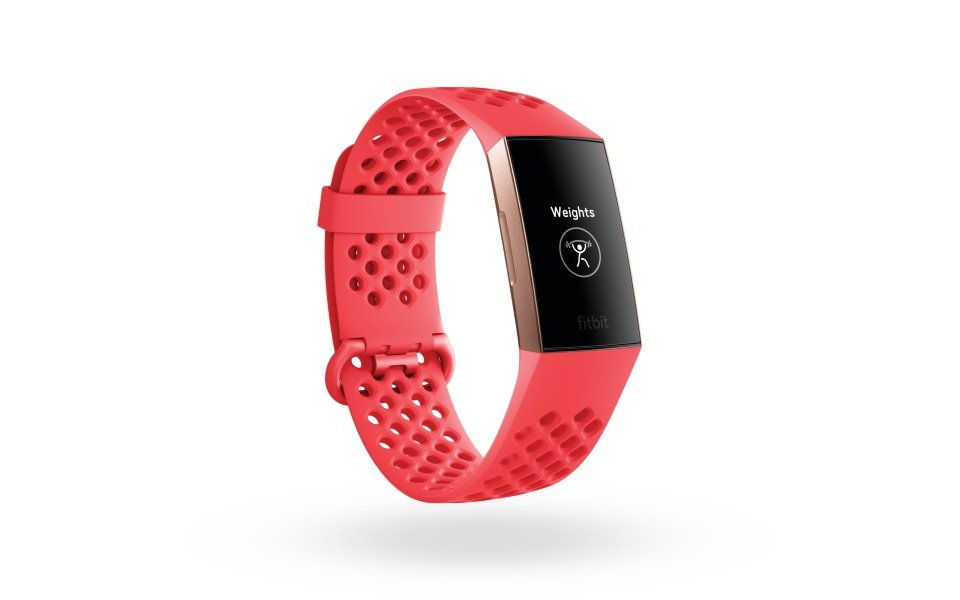
Fitbit Charge 3
£130, fitbit.com
The latest iteration of the world’s most popular fitness tracker introduces an enlarged and improved touchscreen interface, water resistance for tracking your laps down the local lido, a battery that will get you through a week of workouts without recharging, connected GPS (meaning you still need your phone with you), and an SpO2 sensor to give you insights into potential problems while in bed. We’re talking about sleep apnea, rather than your love life.
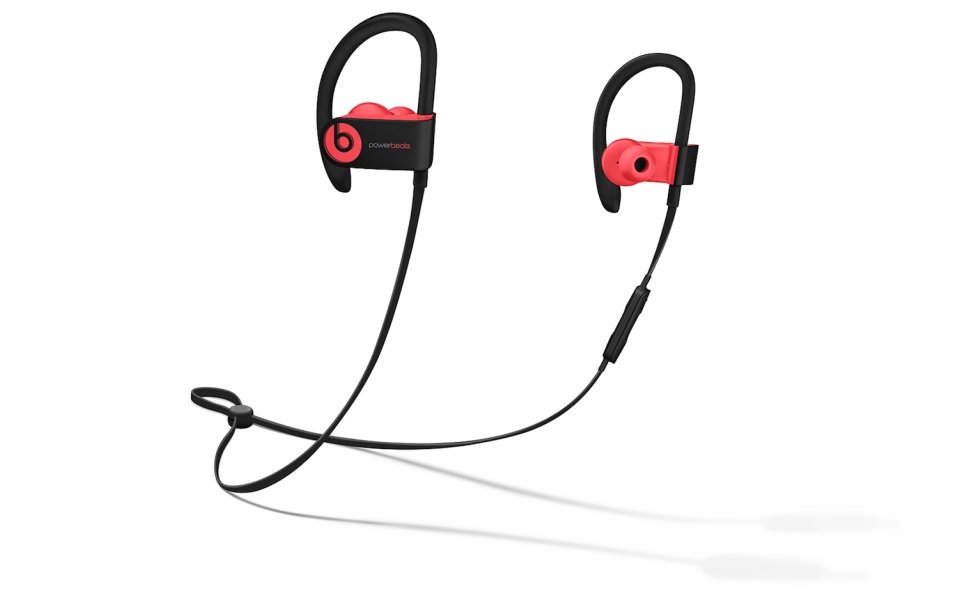
Beats PowerBeat3
£170, beatsbydre.com
For comfortable jogging earphones that don’t compromise on audio quality, the PowerBeats 3 by Beats are hard to, well, beat. They boast beefy big boy bass and a 12 hour battery life, and they’re sweat resistant, so you can perspire all over them as much as you like. Apple’s W1 chip ensures seamless compatibility with iPhones, though they’re just as easy to pair with an Android, if that’s your bag.
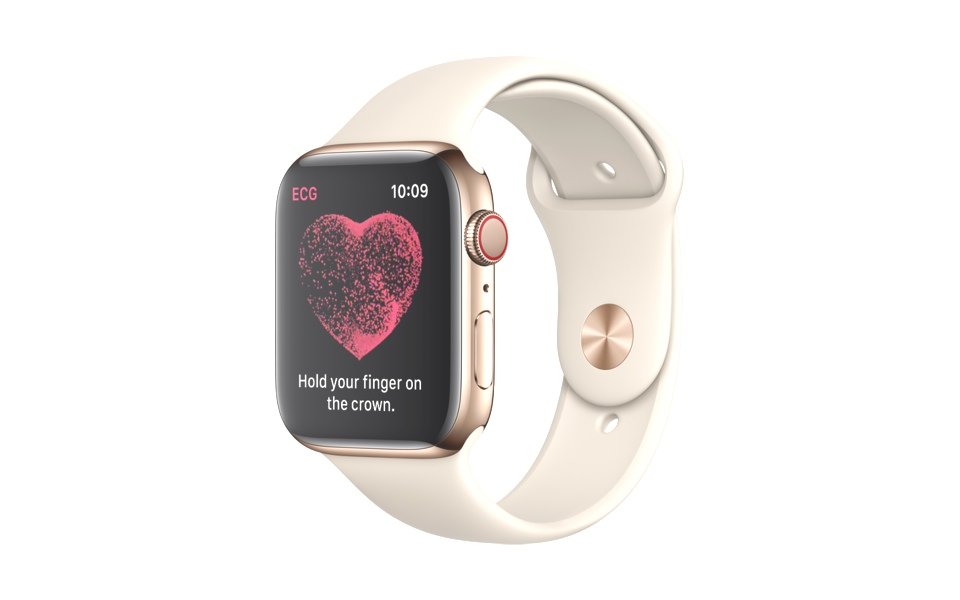
Apple Watch Series 4
From £399, apple.com/uk
Apple’s latest take on the smart watch incorporates its new drive towards edge-to-edge displays, giving the larger 44mm version a genuinely user-friendly screen. It also has a beautiful new OLED display that makes the most of all the fancy new complications available . Cosmetic changes include the new gold colour, so you can match it to your iPhone XS, Milanese bracelet and all.
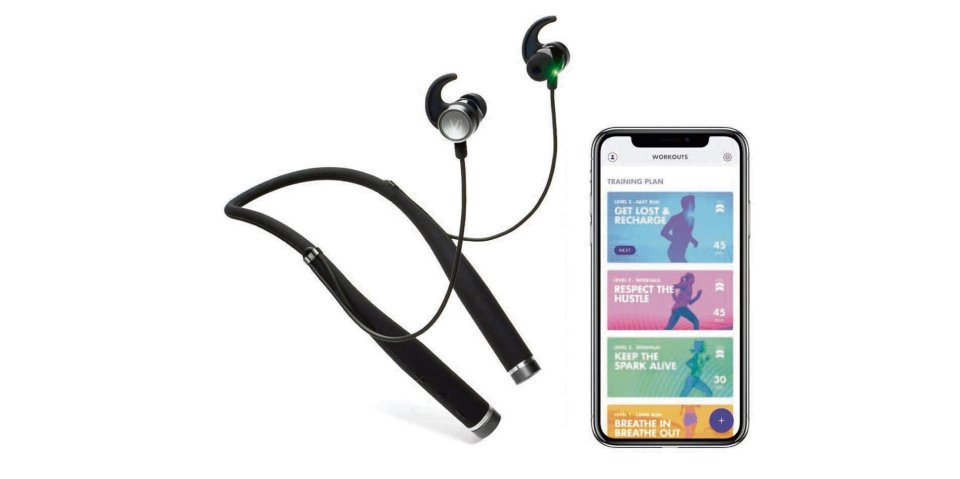
Vi Personal Trainer
$99 per year, vitrainer.com
The Vi Trainer app pairs with the Vi Sense headphones to track every aspect of your run, from cadence to heart rate, and then formulates a custom workout plan each week based on your goals. The cheerful AI coach is remarkably motivational, and constantly updated with new lines, making her encouragement sound all the more human.
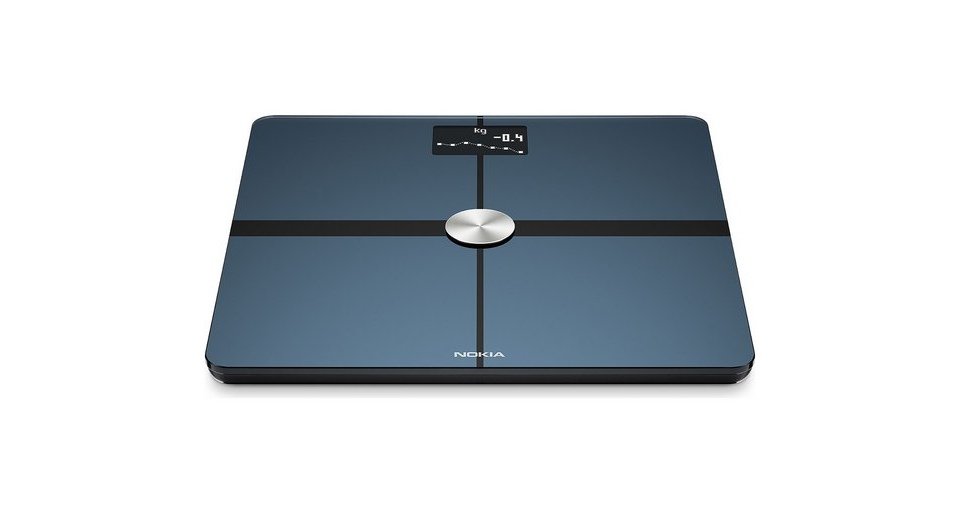
Withings Body+
£90, withings.com
These wi-fi connected scales use bioimpedance to track a host of biometric data – such as body fat, muscle, water and bone mass – giving you vital insight into how your body composition is changing as you work out; far more useful than just tracking your total weight. The weigh-in information is then beamed to the Withings app, where you can ogle at some pretty neat graphs.
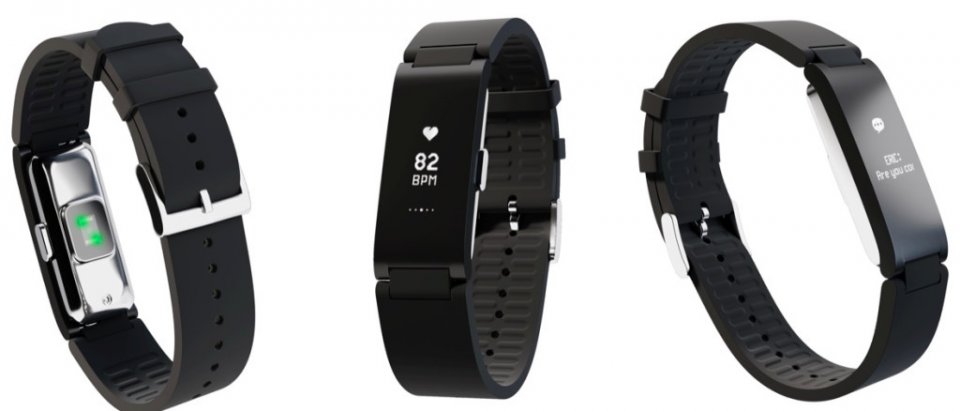
Withings Pulse HR
£120, withings.com
Fresh from being bought and sold again by Nokia, French health company Withings has wasted no time in launching its latest fitness wearable. The Withings Pulse HR takes the superb weeks-long battery life of the Withings Steel HR watch and gifts it to a sleek and premium Fitbit style tracker. Heart rate tracking works with a range of exercises including running, cycling and swimming, while sleep tracking can wake you up during your lightest sleep phase in the morning with polite vibrations, to help you start your day better.
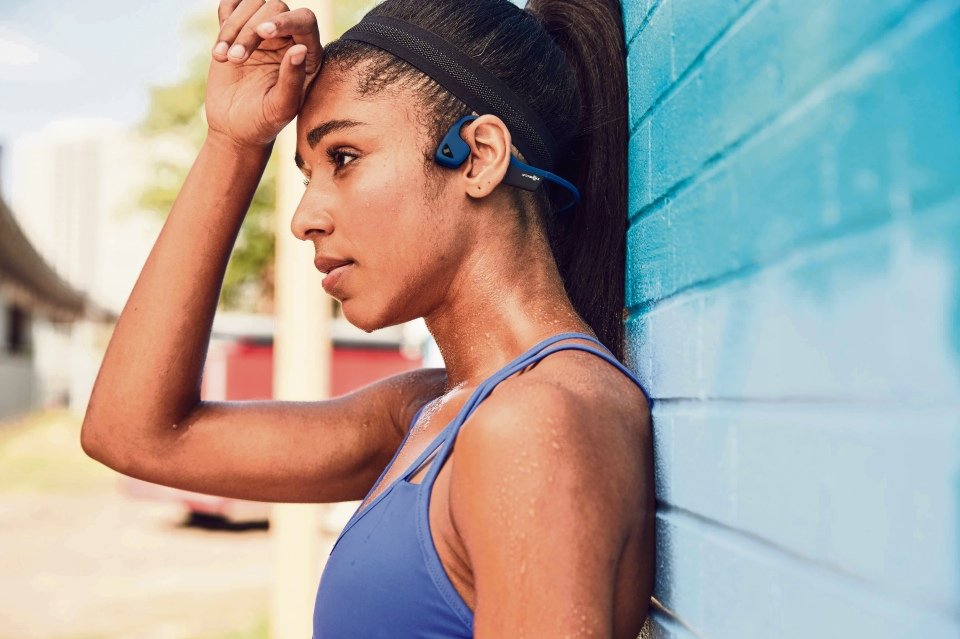
Aftershokz Trek Air
£145, aftershokz.com
Unlike regular earphones, Aftershokz uses something called ‘bone conduction’ to vibrate parts of your inner ear directly, cutting out the middle man of the eardrum. It means you can still hear your surroundings while running, helping you avoid getting squished by oncoming traffic or ambushed by your enemies. Cool fact, as Beethoven became increasingly deaf, he would bite down on a metal rod attached to his piano so he could hear the notes he was playing. This is basically the same technology.